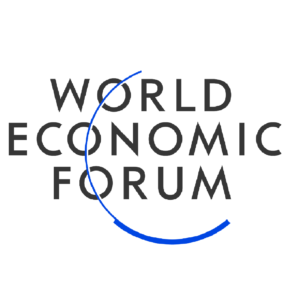New York, 25 September 2018 – The Fourth Industrial Revolution’s opportunities to foster development are immense but countries need to work to seize them, leaders from government, business and civil society said at the World Economic Forum’s Sustainable Development Impact Summit in New York.
“Education is the main pillar, the powerhouse of any nation,” Enrique Peña Nieto, President of Mexico, said. He emphasized that education needs reform to meet new challenges. “More than formal content, we must teach people how to learn and to adapt to rapid change.” Peña Nieto also urged flexibility and openness to meet the challenges of disruption. “There is no benefit from closing your doors to globalization,” he added.

“We will develop our country as a poverty-free country. For that, education is key,” Sheikh Hasina, Prime Minister of Bangladesh, said. She also stressed the importance of diversified industrialization, a strong internal market and universal internet access for Bangladesh to prosper in the Fourth Industrial Revolution.
“We have seen an amazing hunger for citizens to find a way to be involved and craft solutions of their own,” Mitchell Baker, Executive Chairwoman, Mozilla Corporation, said. “As we move into more and faster disruption, we need more trust and more trust in institutions,” she added. Open-source software is one way for governments and other institutions to offer the transparency that supports trust, she said.
Alex Gorsky, Chairman and Chief Executive Officer, Johnson & Johnson, expressed optimism in how healthcare innovation can help achieve the Sustainable Development Goals. Gorsky also highlighted adapting educational systems to meet the challenges of rapid disruption. “Students must learn how to learn and be able to re-educate themselves several times over in their lives,” he said.
Mark Rutte, Prime Minister of the Netherlands, said: “We should look at how we can channel new technologies so that they are really fuelling our economies.” He emphasized the potential of new technologies to meet the healthcare needs of an ageing population, while also stressing the need to adapt educational systems and labour laws. “You need to put in place deep-rooted reforms to have growth,” he concluded.
The World Economic Forum, committed to improving the state of the world, is the International Organization for Public-Private Cooperation. The Forum engages the foremost political, business and other leaders of society to shape global, regional and industry agendas. (www.weforum.org)
